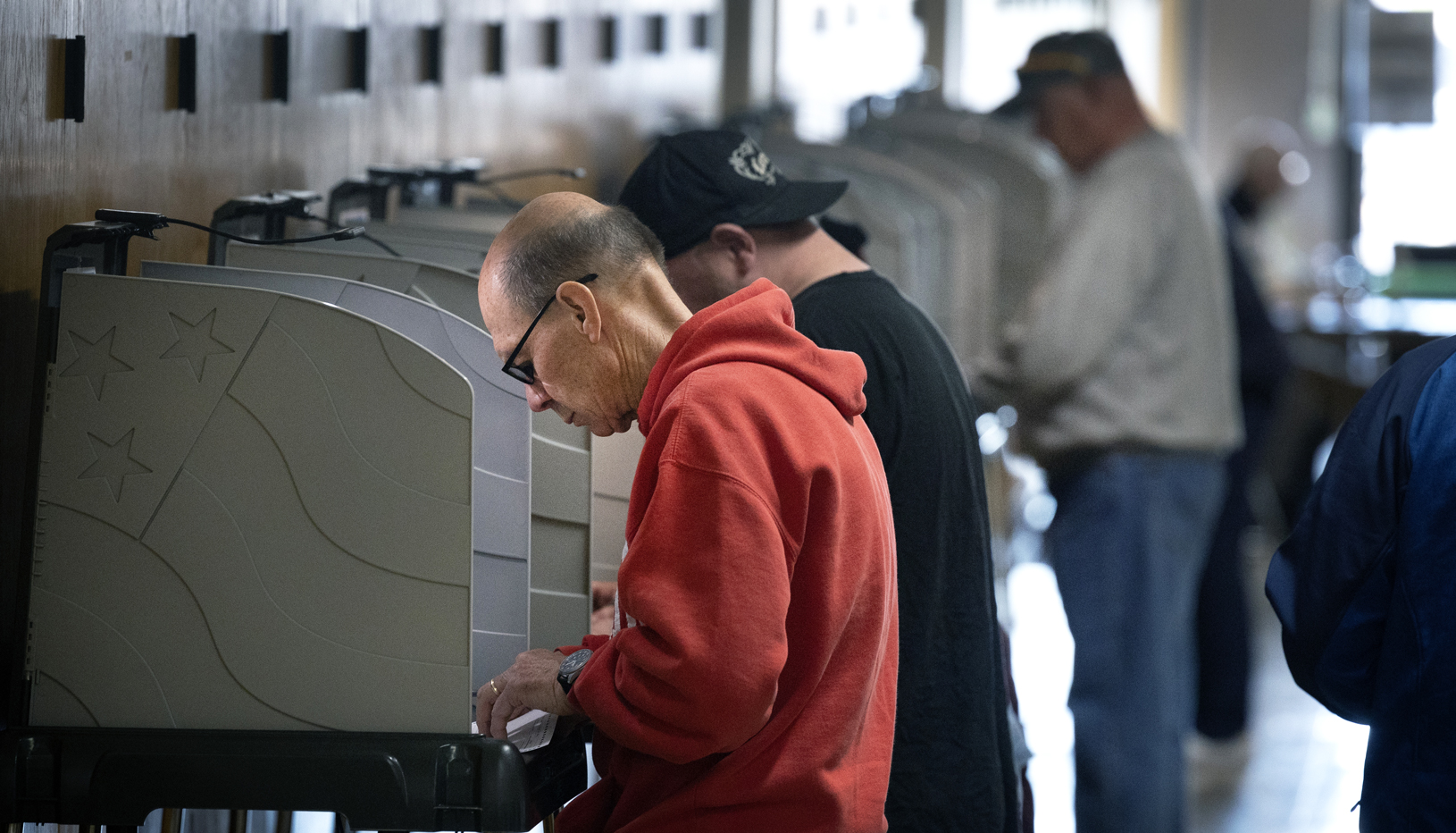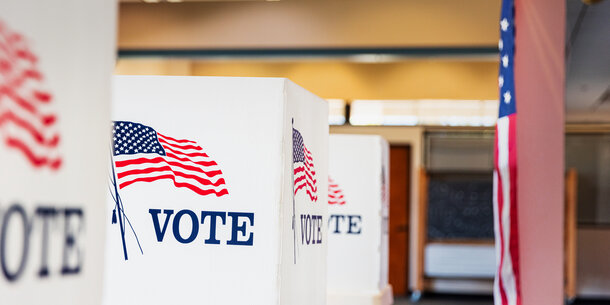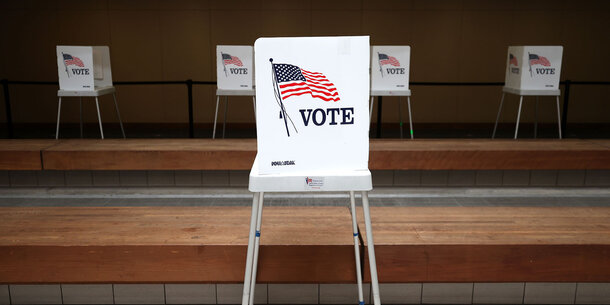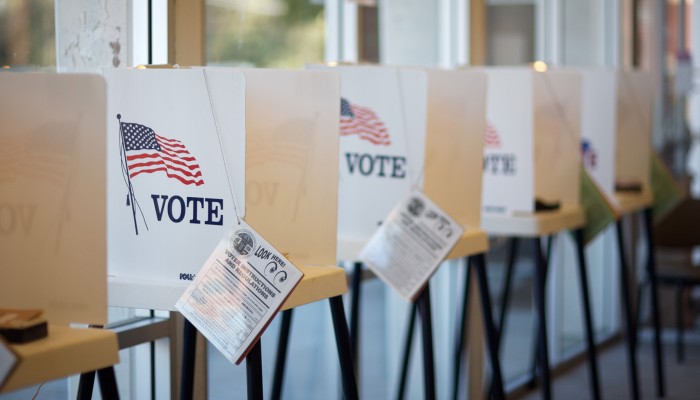States make most rules governing elections in the United States. While Congress has some national standards, states are responsible for devising and administering voter registration systems, the requirements for registering and voting, and how people register and vote. State legislatures have broad leeway to decide whether to create fair and convenient structures to ensure all eligible citizens can cast a ballot that counts or to erect hurdles that make it harder to vote. For many Americans, the ease or difficulty of voting turns on where they live.
Since the 2020 election, many states have turbocharged their efforts to restrict voting access. 2021 saw unprecedented action: At least 19 states enacted 32 laws that make it harder to vote. In 2025, states nearly matched that total as at least 16 states enacted 31 restrictive laws. Other states have been busy making it easier to vote, although that pace slowed in 2025 when at least 25 states passed 30 expansive laws. This was the first time since at least 2020 that there were more restrictive laws than expansive ones.
Meanwhile, 2025 continued a recent trend of states passing election interference laws that allow partisan actors to meddle in election results or create criminal penalties for election workers for honest mistakes. At least seven states enacted eight of these laws last year.










